You are using an out of date browser. It may not display this or other websites correctly.
You should upgrade or use an alternative browser.
You should upgrade or use an alternative browser.
Chinese infantry fighting vehicles
- Thread starter Broccoli
- Start date
Hendrik_2000
Lieutenant General
VN-17, a heavy Chinese IFV of the NORINCO group dedicated to export.
Great Photo
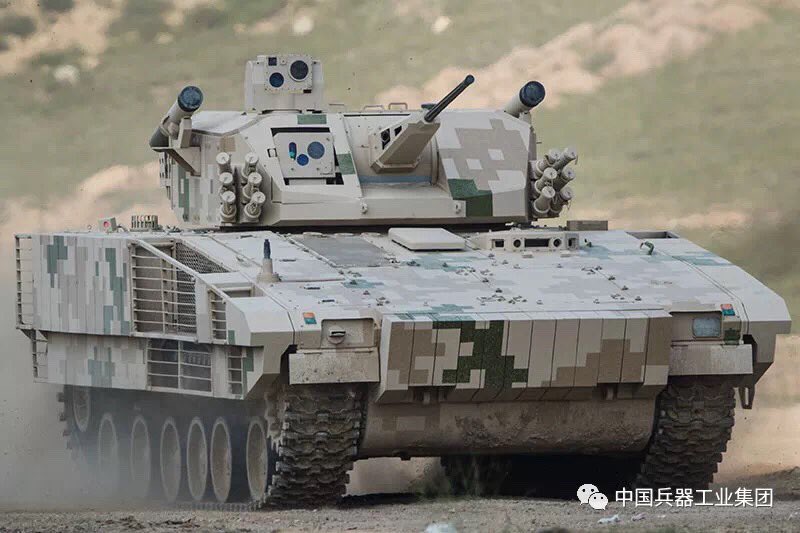
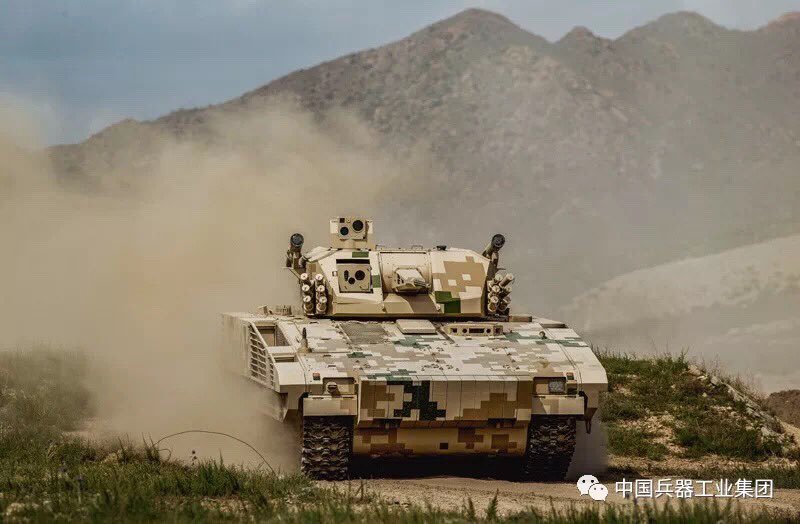
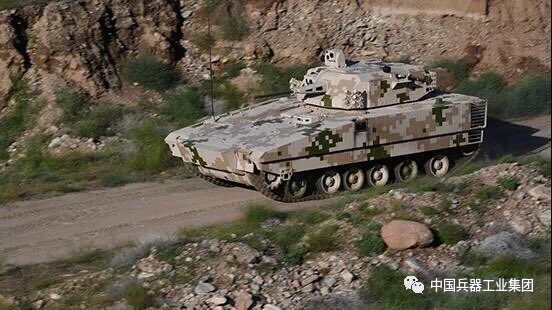
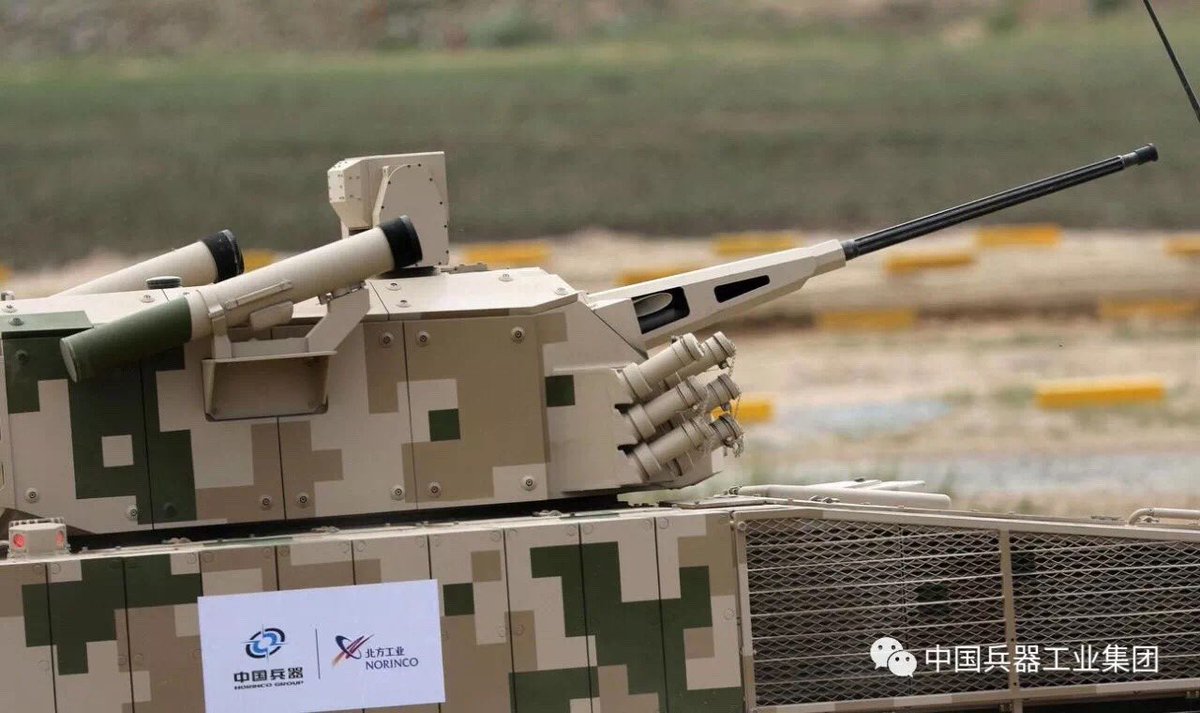
Great Photo




Hendrik_2000
Lieutenant General
Now this is not ZTQ ?
According to the official press, NORINCO Jiang Feng Electrical Machinery began mass production of certain new light tanks in 2017, again producing light tanks in 38 years. We will start developing certain projects and start taking a steady first step to second generation infantry fighting vehicles 'home.'
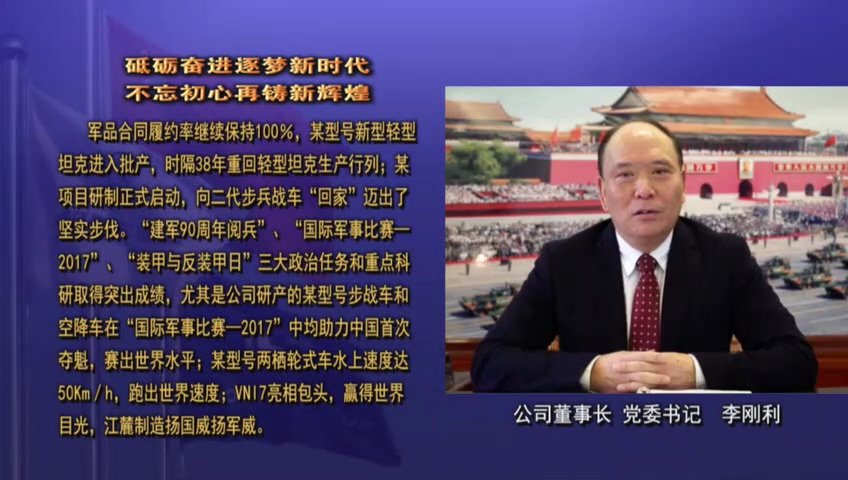
According to the official press, NORINCO Jiang Feng Electrical Machinery began mass production of certain new light tanks in 2017, again producing light tanks in 38 years. We will start developing certain projects and start taking a steady first step to second generation infantry fighting vehicles 'home.'

Hendrik_2000
Lieutenant General
The mystery continue what kind of light tank is this?
A new type of light tank, now it is an unusual production situation that both Morgol in NORINCO and NORINCO Jiangfen electronics are mass-producing at the same time (the first one is the Inner Mongolian machine, the second one is the Jiang Fut electromagnetics) . All the previous 99 and 96 expressions were produced in one inner Mongolian factory
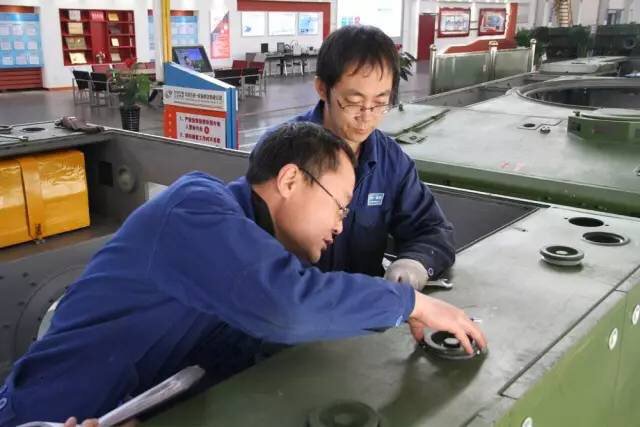
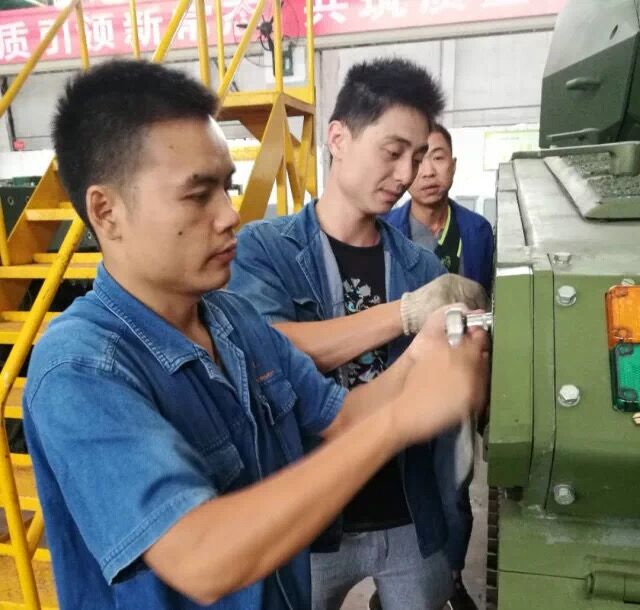
A new type of light tank, now it is an unusual production situation that both Morgol in NORINCO and NORINCO Jiangfen electronics are mass-producing at the same time (the first one is the Inner Mongolian machine, the second one is the Jiang Fut electromagnetics) . All the previous 99 and 96 expressions were produced in one inner Mongolian factory


SinoSoldier
Colonel
The mystery continue what kind of light tank is this?
A new type of light tank, now it is an unusual production situation that both Morgol in NORINCO and NORINCO Jiangfen electronics are mass-producing at the same time (the first one is the Inner Mongolian machine, the second one is the Jiang Fut electromagnetics) . All the previous 99 and 96 expressions were produced in one inner Mongolian factory


From the profile of the cheek armor, it's pretty evident that this is the ZTQ-15.
Hendrik_2000
Lieutenant General
PLA Navy Landfight Corps training of a certain brigade, 08 style fighter infantry fighter car and 11 type armored armored assault appeared. From Oedo
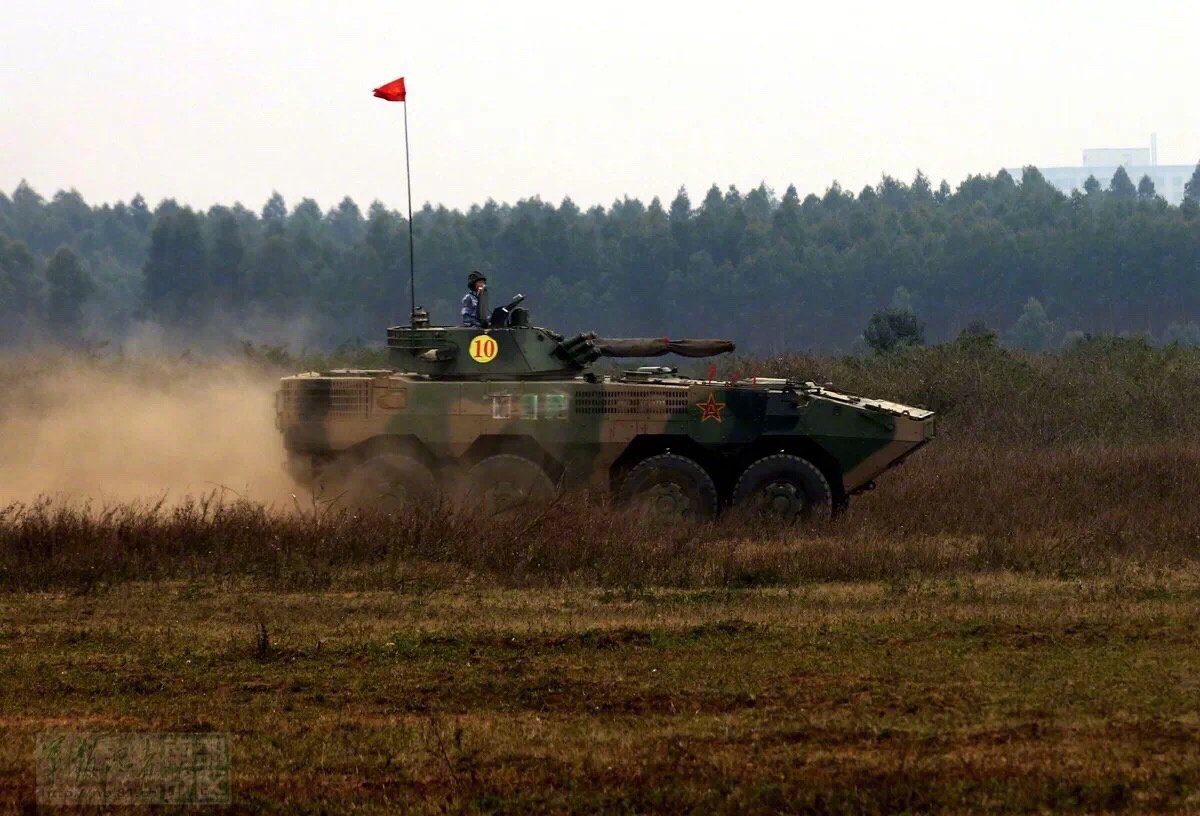
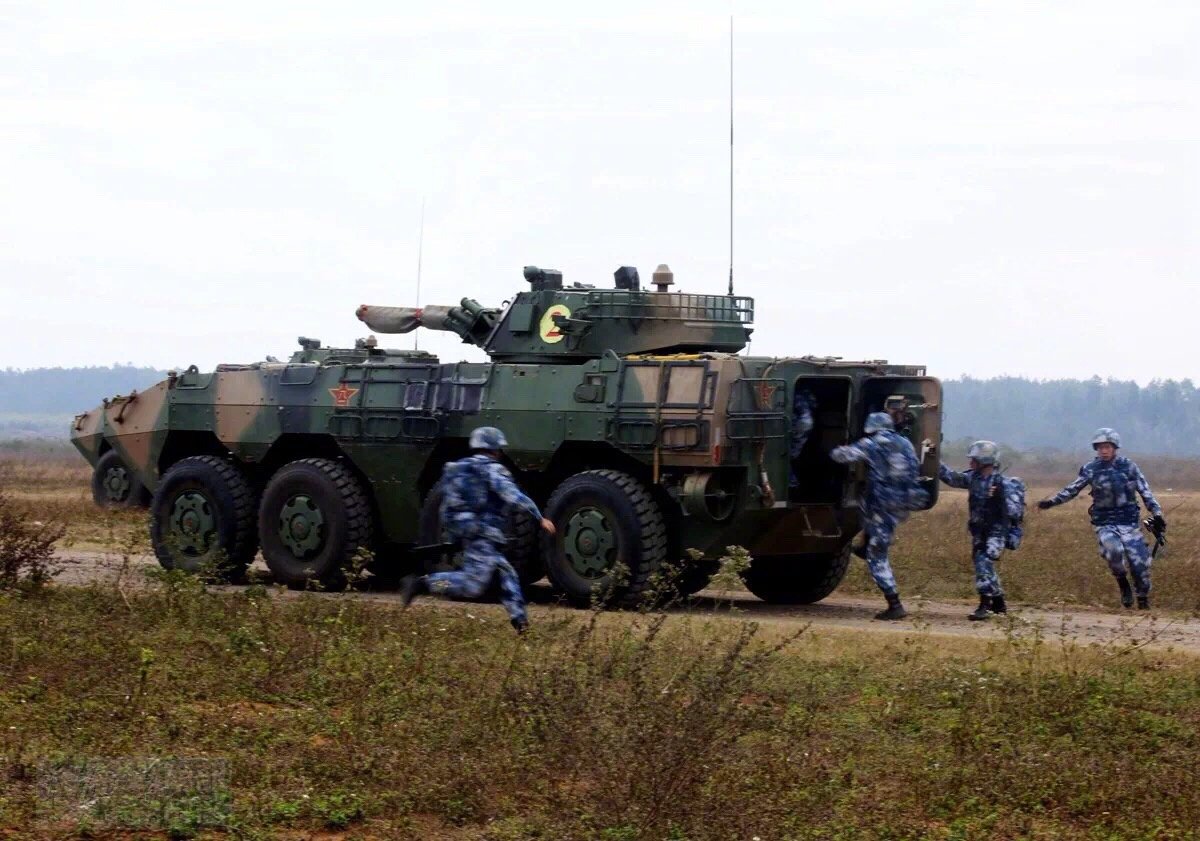
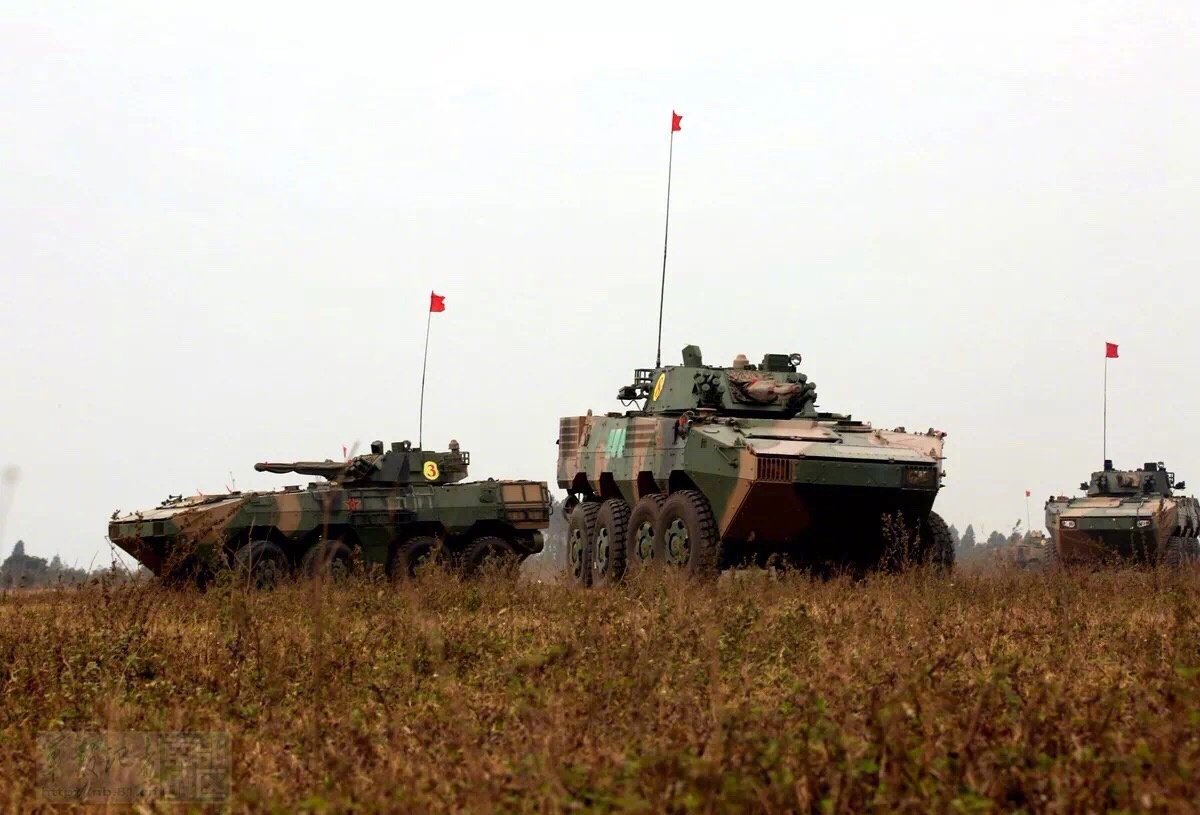





Hendrik_2000
Lieutenant General
New armored vehicle 8X8 with ramp back door?. This IFV is getting bigger and bigger with improved weapon and protection but still within 30 ton
中国の新型装輪装甲車か
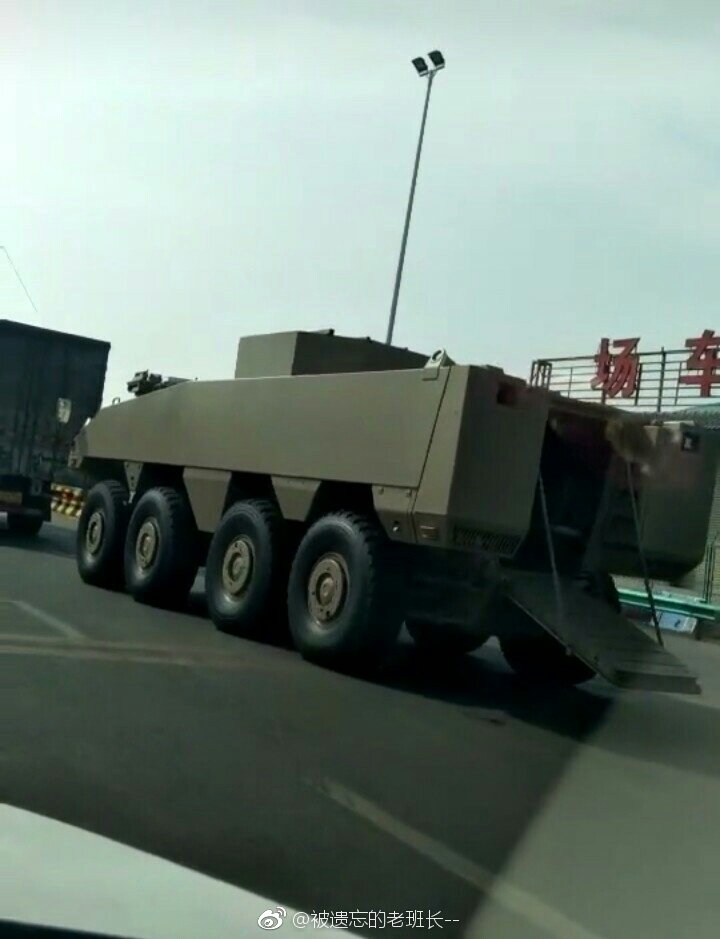
中国の新型装輪装甲車か

MwRYum
Major
Talk about right camo and wrong camo, all in the same frame...PLA Navy Landfight Corps training of a certain brigade, 08 style fighter infantry fighter car and 11 type armored armored assault appeared. From Oedo

And they already half-jokingly remarked that the "terrex incident" must've yielded "some results"...Now, given that PLA still not that fond of IFV/APC with rear ramp door, my bet is that they're testing a new for-export model.New armored vehicle 8X8 with ramp back door?. This IFV is getting bigger and bigger with improved weapon and protection but still within 30 ton
中国の新型装輪装甲車か

Hendrik_2000
Lieutenant General
Via JSch
Chinese scientists working on game-changing smart driving system for military vehicles
By Yin Han Source:Global Times Published: 2018/3/27 23:08:40 Last Updated: 2018/3/27 23:52:35
A Beijing lab is developing a smart system for military vehicles that researchers believe could revolutionize driving in all kinds of terrain and conditions, reports said Tuesday.
A microchip a few centimeters in size empowers the system to realize accurate real-time sensing of the driving environment, researchers at the Second Academy of the China Aerospace Science and Industry Corporation told Science and Technology Daily on Tuesday.
Its deep neural network can help the driver to detect blurry objects and obstacles ahead by filtering out distractions such as backlighting and shadows, the Beijing-based newspaper reported.
The team is working on an intelligent sensor to enable military vehicles to move at night without lighting or in changeable lighting, the paper said.
The sensor will also perform in all weathers by combining and computing algorithmic data about visible light, infrared and millimeter wave radar, the report said.
"The sensor can help reduce driver misjudgment in extreme conditions such as a dark environment and complex terrain, which can greatly improve the movement speed," Song Zhongping, a military expert and TV commentator, told the Global Times.
Drivers should still attain a high capability to judge a complicated situation, Song noted, and should not rely on the assistance even though the smart system should boost safety.
The system will enter small-scale production by the end of 2018, project team leader Guo Rui was quoted as saying.
The accuracy of the intelligent driving system was 90.05 percent and it took 0.03 seconds to process an image whereas the record is 90.55 percent and 4 seconds, the report said.
The technology could improve safety in civilian vehicles, Jia Xinguang, executive director at the China Automobile Dealers Association, told the Global Times on Tuesday.
"For example, the car can automatically stop when it encounters a pedestrian or barriers even in bad conditions such as dark night where a human possibly might not notice."
Jia suggested research begin on cutting costs for civilian use.
The market for advanced driver assistance will grow at a compound annual growth rate of 10.44 percent from 2016 to 2021, according to MarketsandMarkets, an India-based market research firm. The market is expected to reach $42.40 billion by 2021.
Chinese scientists working on game-changing smart driving system for military vehicles
By Yin Han Source:Global Times Published: 2018/3/27 23:08:40 Last Updated: 2018/3/27 23:52:35
A Beijing lab is developing a smart system for military vehicles that researchers believe could revolutionize driving in all kinds of terrain and conditions, reports said Tuesday.
A microchip a few centimeters in size empowers the system to realize accurate real-time sensing of the driving environment, researchers at the Second Academy of the China Aerospace Science and Industry Corporation told Science and Technology Daily on Tuesday.
Its deep neural network can help the driver to detect blurry objects and obstacles ahead by filtering out distractions such as backlighting and shadows, the Beijing-based newspaper reported.
The team is working on an intelligent sensor to enable military vehicles to move at night without lighting or in changeable lighting, the paper said.
The sensor will also perform in all weathers by combining and computing algorithmic data about visible light, infrared and millimeter wave radar, the report said.
"The sensor can help reduce driver misjudgment in extreme conditions such as a dark environment and complex terrain, which can greatly improve the movement speed," Song Zhongping, a military expert and TV commentator, told the Global Times.
Drivers should still attain a high capability to judge a complicated situation, Song noted, and should not rely on the assistance even though the smart system should boost safety.
The system will enter small-scale production by the end of 2018, project team leader Guo Rui was quoted as saying.
The accuracy of the intelligent driving system was 90.05 percent and it took 0.03 seconds to process an image whereas the record is 90.55 percent and 4 seconds, the report said.
The technology could improve safety in civilian vehicles, Jia Xinguang, executive director at the China Automobile Dealers Association, told the Global Times on Tuesday.
"For example, the car can automatically stop when it encounters a pedestrian or barriers even in bad conditions such as dark night where a human possibly might not notice."
Jia suggested research begin on cutting costs for civilian use.
The market for advanced driver assistance will grow at a compound annual growth rate of 10.44 percent from 2016 to 2021, according to MarketsandMarkets, an India-based market research firm. The market is expected to reach $42.40 billion by 2021.


